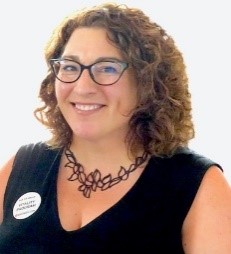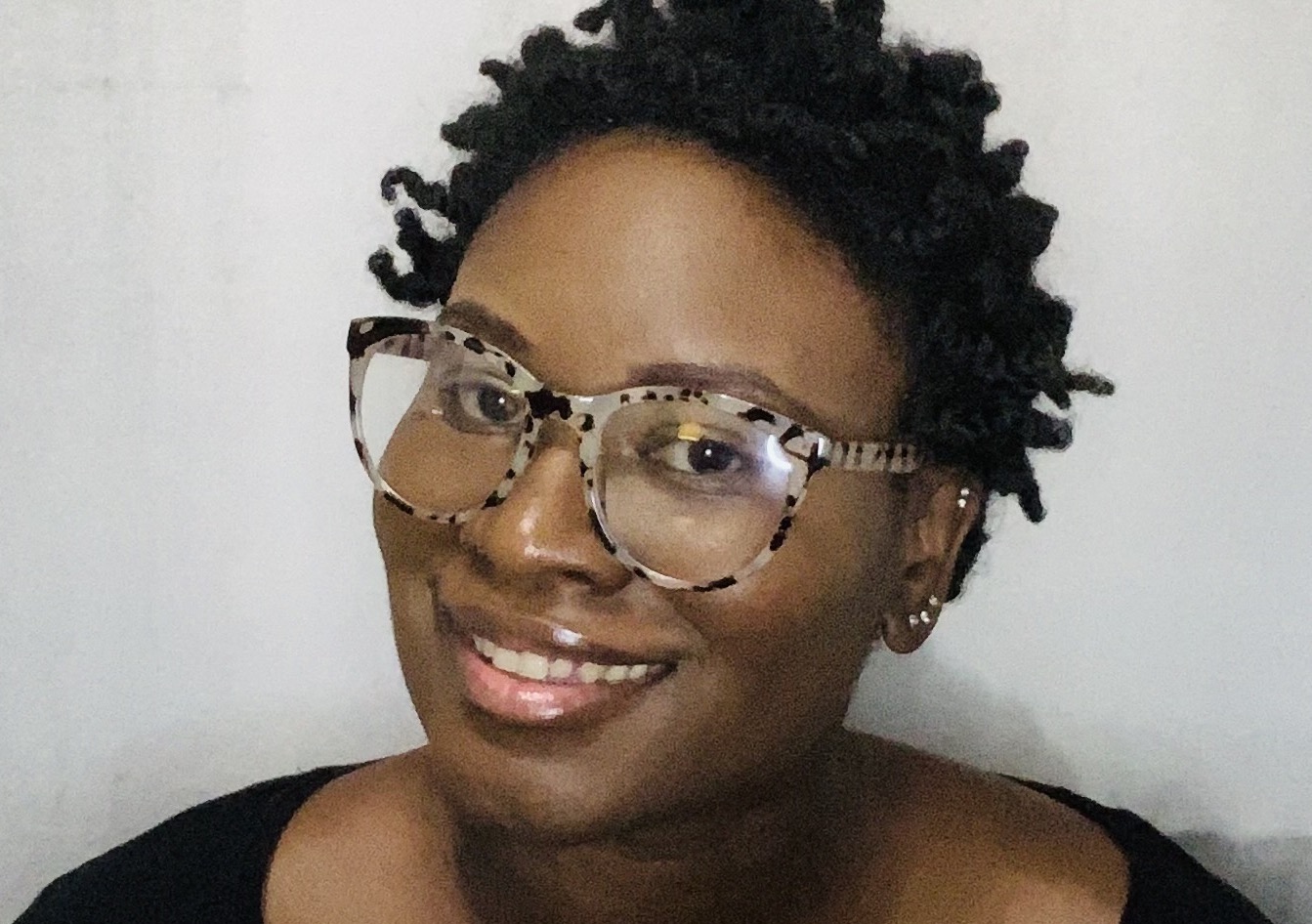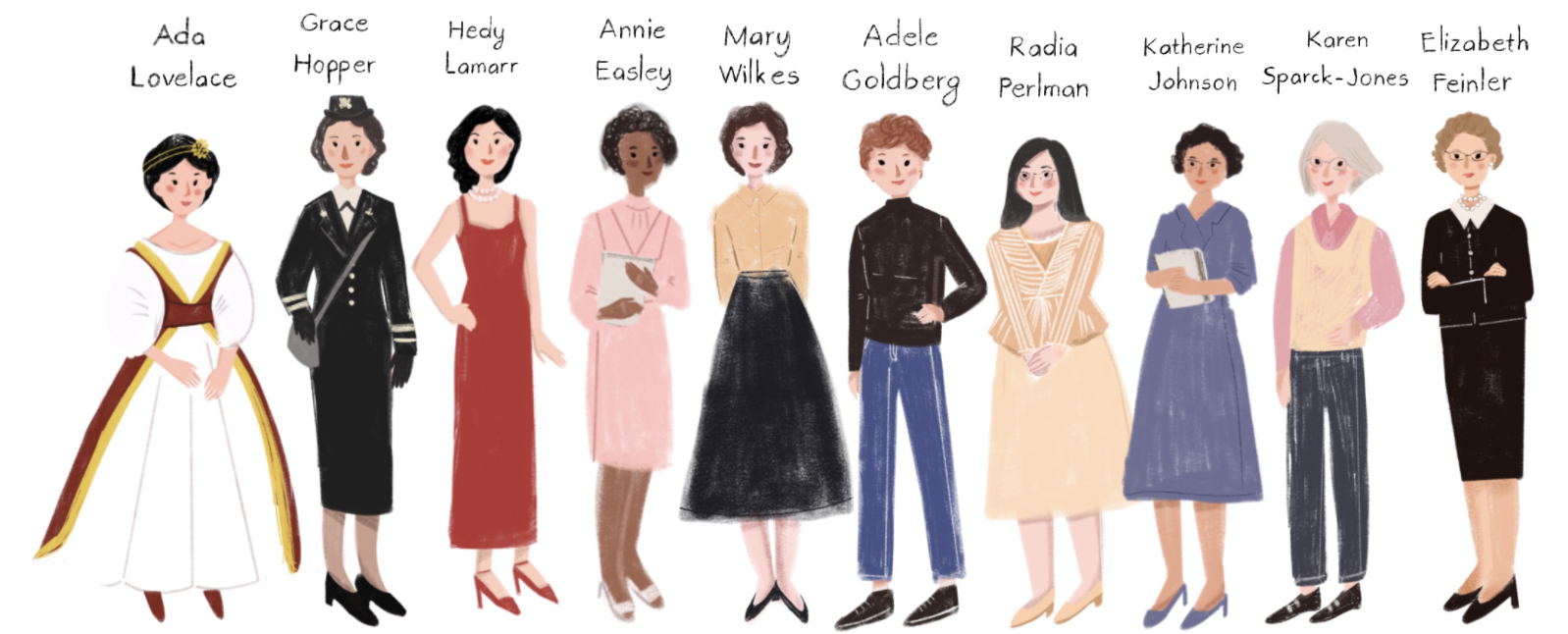It’s been quite a year for working women, and it wouldn’t be right to close out Women’s History Month 2021 without recognizing the women of SHARE. That’s why, for this month’s Message From SHARE, I’m turning the tables and asking some of our SHARE Virtual Summit Women in IT panelists a few questions. Keep reading for career insights from Deborah Carbo, director of product management, Mainframe Division at Broadcom, Khelseia Dunn, computer systems engineer at USAA, and Nicole Fagen, product management & strategy for AIOps & Automation, Mainframe Division at Broadcom.
SHARE: How important are mentor-mentee relationships in the mainframe space? Are female mentors integral to advancing women in this space? How so?
 Deborah Carbo (DC): I believe mentor-mentee relationships are critically important for everyone to be successful. In particular, focus on personal characteristics and styles that provide different perspectives from your own, this method will give you the examples that you need in order to navigate complex situations in the corporate world. In IT specifically, when working in technology roles, at any level, diversity in thought is a must to develop high quality, technological solutions that stand the test of time. Mentors who offer their time for open dialogue, where you are free to talk through what-if scenarios, were crucial to my success. In my career, my mentors had more experience than I did, and operated from a different vantage point. This gave me a thoughtful look at alternative ways of interpreting situations, and it afforded me new influence and growth as a technologist and eventually an IT leader.
Deborah Carbo (DC): I believe mentor-mentee relationships are critically important for everyone to be successful. In particular, focus on personal characteristics and styles that provide different perspectives from your own, this method will give you the examples that you need in order to navigate complex situations in the corporate world. In IT specifically, when working in technology roles, at any level, diversity in thought is a must to develop high quality, technological solutions that stand the test of time. Mentors who offer their time for open dialogue, where you are free to talk through what-if scenarios, were crucial to my success. In my career, my mentors had more experience than I did, and operated from a different vantage point. This gave me a thoughtful look at alternative ways of interpreting situations, and it afforded me new influence and growth as a technologist and eventually an IT leader.
As a mentor to others, the reverse insight a mentor may receive from a protégé offer fabulous lessons for any leader. Recognizing what it's like to walk in someone else’s shoes is a gift that helps senior leadership improve the way they lead and guide others. A mentor-mentee relationship is not just about individual career progression and networking; it's about building resilience and learning how to influence people, how decisions are made. Understanding how others approach issues and deal with change will help you position your ideas to gain support and buy-in from your team. Mentors are vital to a growing employee, but more vital to an organization. The stronger and more resilient you are helps ensure the business you support is successful, pivots when needed, and delivers the value its customers need. And that, is what this is all about!
When it comes to anyone working in the mainframe space, having diverse perspectives around you as you grow and develop, should include the male and female point of view, but also vary in type of resource. I recommend that everyone spend time with highly technical experts, those who are more business focused, and even those in sales who must articulate value and close business. It’s important to understand varied perspectives and different facets of a business. That’s what can make an individual career strong. People become successful when they lead with their strengths and are willing to hear from others. As a woman, I personally didn’t ever feel like it was critical for me to specifically have a female mentor, but I’ve been fortunate along the way to learn from a few respected female leaders, and I value all types of leaders. The key to coaching and mentorship diversity is not drawn from gender alone.
 Khelseia Dunn (KD): Honestly, I think mentorship should be mandatory because mainframe is a really big space. You need someone to help guide you and show you the ropes. I would not have grown in the space had it not been for my mentors. Being humble and having a willingness to learn will take you far.
Khelseia Dunn (KD): Honestly, I think mentorship should be mandatory because mainframe is a really big space. You need someone to help guide you and show you the ropes. I would not have grown in the space had it not been for my mentors. Being humble and having a willingness to learn will take you far.
Working in IT can be challenging and rewarding, but navigating it as a woman can bring on other challenges as well. You need someone you can talk to and who can advocate for you.
 Nicole Fagen (NF): In my experience, mentor-mentee relationships are beneficial to both parties. The mentor often influences, guides, and provides direction to the mentee; the reverse is also true! I have been fortunate to benefit in both roles. From technical mentors, I learned how z/OS is architected and how the various components function. From technical mentors and executive mentors, I learned how to engage with customers on multiple levels. From others, I learned to expand my strategic thinking and market analysis. Mentees, fresh eyes and fresh thoughts, often enable breakthroughs in conversations or work efforts that had previously stalled or seemed impossible.
Nicole Fagen (NF): In my experience, mentor-mentee relationships are beneficial to both parties. The mentor often influences, guides, and provides direction to the mentee; the reverse is also true! I have been fortunate to benefit in both roles. From technical mentors, I learned how z/OS is architected and how the various components function. From technical mentors and executive mentors, I learned how to engage with customers on multiple levels. From others, I learned to expand my strategic thinking and market analysis. Mentees, fresh eyes and fresh thoughts, often enable breakthroughs in conversations or work efforts that had previously stalled or seemed impossible.
Mentoring helps women imagine and create a path for what role they may fill in the future. For women to be more empowered in the workplace, it’s crucial to have mentoring programs where women can learn from each other. It is powerful and empowering to see other women in leadership roles. Connect female employees with mentors to help them grow their skills and accelerate their journeys.
SHARE: Share your top tip(s) for building and empowering women leaders or a resource you’ve found helpful in your journey as a leader.
DC: Recognize your power.
I'm not defined by my circumstance; I always believed this to be true. I don’t know how or why I feel entitled to live my truth, I just do. I’m empowered to utilize any resource I want, and I feel that no matter what level a person is. A CEO is a person, if I have the opportunity to meet with one, I remind myself that this leader wants to see me as the unique and passionate person I am, confident and capable and thoughtful about the business we share. I remind myself of this fact and I work hard to not allow personal insecurity to affect me.
If it is not something that comes naturally, this will take time as you grow and a good mentor can help you with that. Women who have the confidence and the self-empowerment to put themselves in uncomfortable situations grow faster than those who tend to do the work they know well for a long time. My hope for all women in the mainframe space, is that they recognize and trust the value of their work and realize own power, stepping out of their comfort zone. Of course, delivering exceptional work is an absolute requirement, too. It takes a certain level of passion and experience, along with keen observations of people doing these things to have that “Aha!” moment, but women can (and should) act on their instincts.
KD: I love podcasts! One of my favorites is the Harvard Business Review. I also like to keep up with the industry by reading is the Watson Walker blog, and I do like IBM Redbooks. If there is a particular area I want to get a better understanding of, I try to search for something on Redbooks first.
NF: I listen to a lot of TED Talks! I really enjoy hearing women talk about their spaces, sharing their expertise and leading fearlessly. Some examples:
SHARE: What is your advice to women just starting out in the mainframe space on how they can build their careers and leverage their network effectively?
DC: My advice to anyone who's starting out is to really learn your stuff. Spend the time to go above and beyond what is obvious. Beyond the information that is presented to you as you're learning, and I dare to say that you should focus on consuming even more, beyond that. Prepare yourself to ask meaningful questions of the technologists that you're surrounded by: they respect a studied, thoughtful question. Speak with a subject-matter expert in your area or an adjacent technology. Always be armed with a ton of personal research, demonstrating an interest in and a passion for the material. That, to me, is probably the number one thing that will help someone get the support and respect of their existing leadership team.
It's really important to realize that the people (the experts) that you're blessed to be surrounded by have invested decades into their careers in this technology because they love it. Not because it's a job. So please make sure that you also love it. You won’t be successful if you’re not passionate, and you won’t grow if you do not feel uncomfortable. Embrace that.
KD: If there are seasoned mainframers in your shop, take full advantage to learn from them. Build authentic relationships with your peers. Don’t be fake about it; be open and honest about your goals and your struggles. It’s important when building out your career to establish where you want to be.
Do you want to stay technical or move into management? It is crucial to have those things laid out so you can work effectively at achieving those goals. Rome wasn’t built by one person — it took a team. You can’t be effective without other people. All of the roles I have gotten have been from networking, so don’t be afraid to talk to people. It is okay to be the first one to reach out. It is small steps like this that can help you build your personal network.
NF: As much as IT is about operating systems, bits, and bytes, career growth largely comes from connecting and learning with others. Asking for guidance is highly encouraged, asking challenging questions is also advisable. In my experience, the more questions you ask — and the more you listen — the more you grow.
SHARE: Name a woman in IT (past or present) who you admire and why.
DC: I admire many women who paved the way for diversity in science and Information technology. At the risk of being obvious, many mainframe women love the film “Hidden Figures”. It is our history and Katherine Johnson’s story speaks to me. Here is a quote from her that lends itself to my position on diversity:
Girls are capable of doing everything men are capable of doing. Sometimes they have more imagination than men.
—Katherine Johnson, NASA mathematician
Also, I must share the below image. If you do not know what these women have done to pave the way, please do the research and pass that insight on to someone else.

Image via globalapptesting.com
KD: My mother actually, Laverne Jones. She is getting ready to retire this year after working in accounting and finance for over 30 years! When she started out, she worked as one of the original Fortran programmers who helped develop an accounting system for a regional bank.
Hearing her stories and that she did not have a technical or programming background really stood out me. Although she does not program now, she shared that having the experience gave her the knowledge she needed to understand how an application works in an out. And, that helped her understand her business customers a lot more. It planted a seed that maybe I, too, could go after my dream of working in the tech industry. She is one of the main reasons I am in IT today. I often go to her for advice, in addition to the mentors I have.
NF: Cheryl Watson, CEO and co-founder of Watson & Walker. When we met some 13 years ago, I had the same feeling kids get when they meet their favorite sports star. For me, Cheryl is a powerhouse of knowledge and strength. She has incredible depth of SMF knowledge and of system knowledge. She is clear on what needs to be done and she’s not afraid to break a little glass here and there. I also admire the way she leads her company and her team. Last and certainly not least, her enthusiasm for the mainframe and the community. I simply find her to be inspiring in every way.
Also, this list of the “10 most influential women in tech right now” is a pretty great group.
For more insight from Women in IT, check out our on-demand virtual panel recordings from 2020 or catch the SHARE Virtual Summit sessions you miss by purchasing the event recordings for access to the full library through June 30.